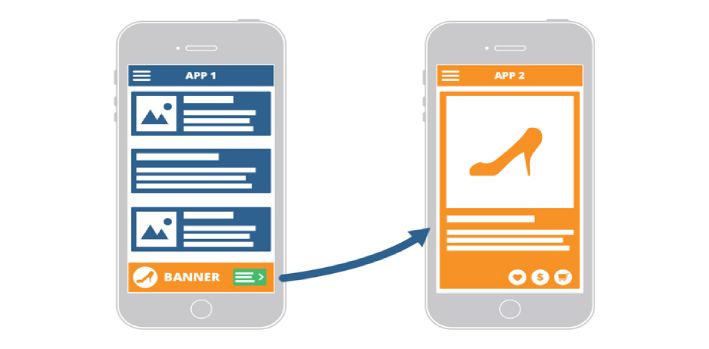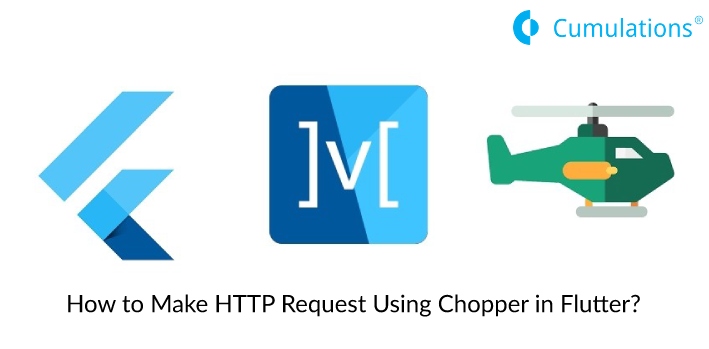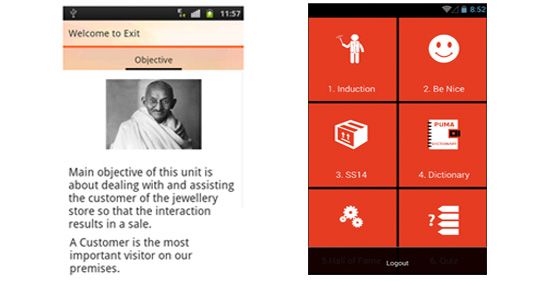
What is Mobile App Deep Linking?
Mobile app deep linking is the process where you can use a URL to link pages or specific locations within a mobile app. The purpose of this is to offer the users with relevant information and content, which can be done via emails, notifications, SMS, social media, etc.
Deep linking largely drives user engagement. Let’s understand this with an example. Say you want your users to be directed from a certain page in your app to your company’s Facebook Profile page. If you do not use deep linking, you are left with two options. First, the users can hit a button that is displayed on your app page, which will launch a web browser.
After they arrive at the Facebook page, they might have to sign in, if they haven’t already. Second, the users are directed to exit the app, launch the Facebook app, and search for your company’s Facebook page. However, if you opt for mobile app deep linking, the users only need to click on the deep link which will automatically launch your company’s Facebook page without any deferral.
Types of Mobile Deep Links
Traditional Deep Links
Traditional Deep Links directs the users to the specific areas or screens of the app with the help of the app URL. It can be embedded in various channels such as emails, web pages, social media posts, etc. and help to save the considerable time of the users by directing to specific and relevant content.
Such links can be placed on product ads appearing on the browser so when the user clicks on them, he is directly taken to the specific app page selling that product. However, the only disadvantage of this linking system is that it will show an error message if the specific app is not installed on the user’s mobile.
Deferred Deep Links
Deferred deep links do not necessarily require the app to be installed on the user’s mobile device. Upon clicking, such links will direct the users to the App Store or Play Store from where the user can download the app. Following that, it will take the user to the desired content in the app.
Contextual Deep Links
Out of the three, these type of deep links are the best and perhaps the most relevant. They not only direct the users to specific content or location but also offer pertinent information to the mobile app developers on who shared the link, the source from where it was clicked, what the user wishes to see, etc. This information, in turn, helps in tailoring personalized experiences for the users with appropriate content they wish to see.
Benefits of Mobile App Deep Linking
Improved User Experience
The greatest benefit of mobile app deep linking is that it serves the users with relevant information without making them navigate through different screens. They are able to access the content easily by simply clicking on the link. For instance, if you have linked to something in your app from a mobile website or a social media post, the users will be immediately directed to that specific location instead of the home screen of your app.
Improve Customer Engagement, Usage, and Retention
The process of deep linking is seen to have improved customer engagement and usage. Apps that include deep links are seen to be visited two times more than the apps which are not. Additionally, it helps in re-engaging customers who have installed the app but haven’t visited it for a long time.
The users are approached through push notifications, which take them directly to the pages offering an array of interesting products and services, allowing users to re-engage with the app.
Improves the Onboarding Experience
The best way to attract new users to your app is by sending them personalized invites. With the help of contextual deep linking, you can tailor customized invites for users or even offer them with deals or incentives to make their onboarding experience more delightful.
Fetch a Higher Installation Rate
Say you have an amazing website that enjoys a large number of website visitors every day, through the use of Google Search results alone. However, in spite of your deepest efforts, you are unable to direct those visitors to your mobile app.
Now, if you deep link your app with the search results, your app shall appear on the Google search results page, irrespective of whether the user has searched for it or not. Clicking on the link will direct the users to the app store and they will download it before checking the specific page on the app. This process can potentially bring in a myriad of visitors to your mobile app.
Set a Link between Two Apps
With deep linking, you can set a connection between two apps easily. For instance, if you have two gaming apps and one is a sequel to the other, you can easily create a deep link for directing people who have completed the first to the second app. This will allow your users to save their time on searching for the sequel in the app store and then downloading it.
Strengthen Your Marketing Campaign
You can use the process of mobile app deep linking to drive higher revenues and sales for your business. For instance, you can create a marketing campaign where you are offering a special discount of 20% on merchandise to a select group of users and send it to them along with deep links that direct them to the specific pages from where they can immediately buy it.
Offer Insight into Campaign Usefulness
The fact that deep links can pass data can essentially help you in understanding the effectiveness of various marketing campaigns launched by you. You can easily learn about the sources, i.e. ads, social media posts, SMS, emails, etc. that drove the maximum downloads.
Final Thoughts
Mobile app deep linking is certainly a great way to enrich the user experience. But, since the process directs the users to specific content, it puts the users on a diverse path, unlike the ideal user path. This implies that you need to be especially careful while planning the use of deep links.
In order to offer the best user experience, make sure that the deep links direct users to pages where there are no logins required. Frequent login and authentication pages annoy the users and proffer a poor user experience. Consider the information hierarchy and architecture of the app before integrating deep links.
Lastly, the potential of deep links to augment the user experience, improve the app’s discoverability, increase user engagement and retention rates and finally drive better revenues make the process significant from both the developer and user’s perspective.
Must Read: https://www.cumulations.com/services/mobile-app-development-company-in-bangalore/


 +91-984-5825982 | +91-996-4689921
+91-984-5825982 | +91-996-4689921 sales@cumulations.com
sales@cumulations.com Send your requirement
Send your requirement 



